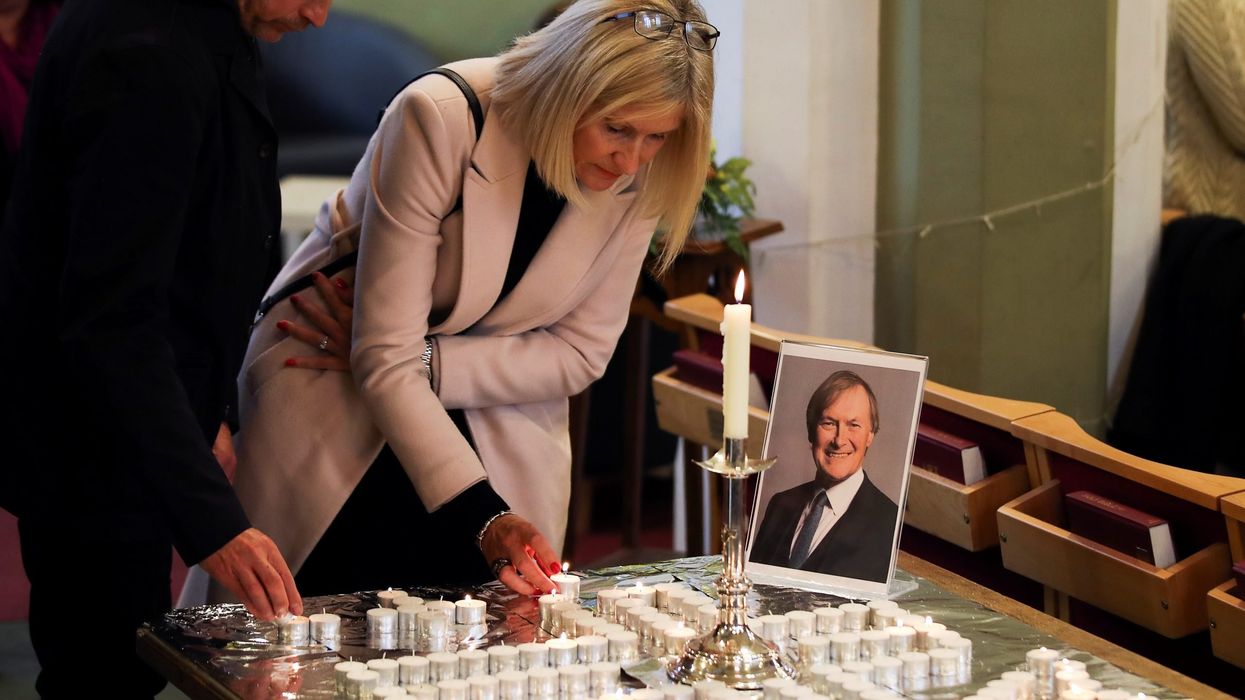BRITAIN pays tribute on Monday to David Amess, the veteran lawmaker stabbed to death while meeting constituency voters, as police questioned a 25-year-old man for the murder which they are treating as a potential terrorism incident.
Amess, 69, was knifed repeatedly at a church on Friday (15) in Leigh-on-Sea, east of London. At the scene, armed police arrested the son of an ex-media adviser to a former prime minister of Somalia, and he remains in custody.
The late lawmaker's killing shocked colleagues and they will gather at parliament later on Monday (18) where usual business will be replaced by tributes led by prime minister Boris Johnson.
"What really defined him is that even when he disagreed with people, there was a generosity of spirit," deputy prime minister Dominic Raab told Sky News. "We'll miss him. He was very, very kind, generous with his time and advice."
The murder of Amess, the second British lawmaker to be killed in five years, has prompted questions about politicians' safety and what action should be taken to address the growing problem of online abuse directed at them.
Detectives are quizzing suspect Ali Harbi Ali, a British national, under counter-terrorism laws, looking at a possible motivation linked to Islamist extremism. Officers are also searching a number of properties in and around London.
Ali had been referred to the anti-radicalisation programme known as Prevent, but was not of formal interest to the domestic security agency MI5.
Amess was also chairman of the cross-party committee which looked to foster good ties between Britain and Qatar, and the Times newspaper said detectives were also looking at this link. Amess had been on a visit to Qatar last week.
Police have previously warned about the danger the Covid-19 pandemic posed in terms of radicalisation as vulnerable people spent more time online, potentially exposing them to extremist material.
"There is certainly an element of more people who are at risk, vulnerable, or at risk of radicalisation would have been spending more time online," Raab said.
(Reuters)













